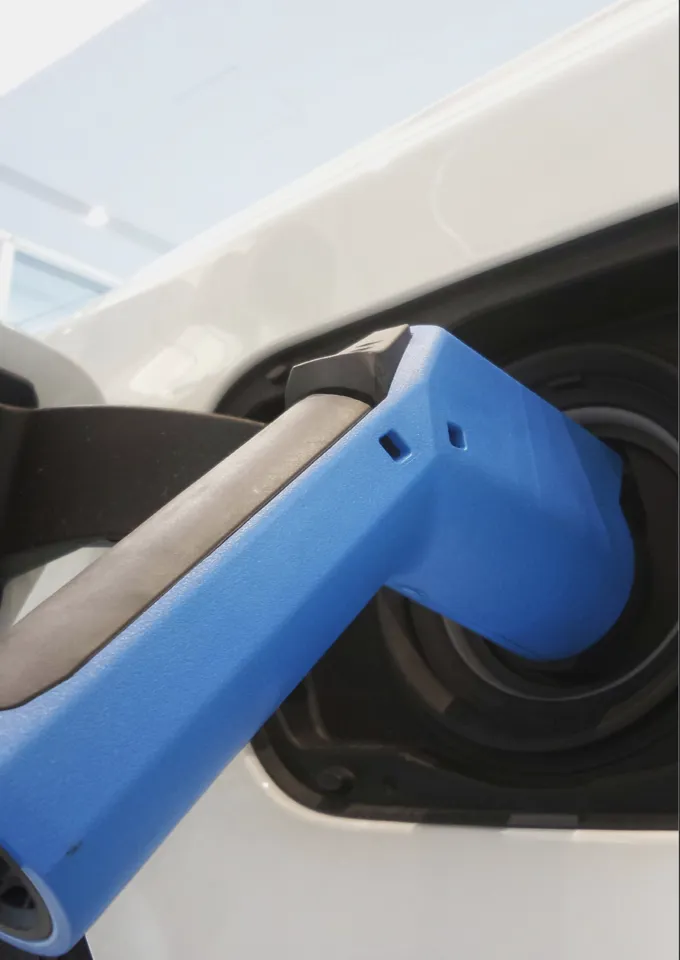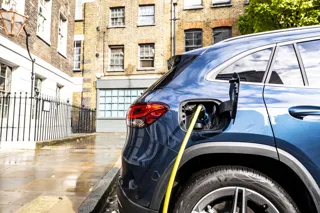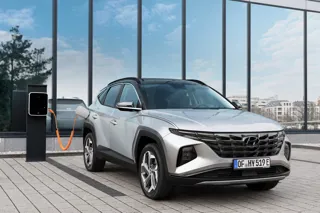Allstar Business Solutions says fleet operators, managers, and charge point operators need to collaborate in order to simplify a mass switch to electric vehicles (EVs).
The UK recently hit a major milestone in the adoption of electric vehicles, with nearly 1 in 7 new cars sold so far in 2021 being powered all or in part by electricity. Ultra-low emission cars also accounted for more than one in 10 sales last year, up from one in 30 the year before.
Public charging point infrastructure in the UK is continually improving too, with 15,921 sites and 25,288 devices currently in operation.
To date, Allstar has incorporated almost 5,000 charge points onto its electric charging network, with the ability to pay, using the Allstar One Electric card, at more than 3,200 fast and 1,314 rapid chargers.
Paul Holland, MD of Allstar Business Solutions, said: “There has been great progress made in the move to widespread adoption of EVs, both for the public and for businesses. We must continue to drive innovation and ensure that any barriers to entry are removed well in advance of the 2030 deadline.
“Accelerating fleet take up of EVs will depend upon a holistic, multi-branded network for customers, but that will only come with collaboration and idea sharing within the industry, so it is key for providers to come together. That’s why we are calling on fleets and Charge Point Operators to continue the conversation with us so that we may be part of the solution, to help create a universal network for fleets, and support a smooth transition for UK businesses and drivers.”
Allstar has partnered with key network providers including Engie EV Solutions, Source London, ESB Energy, Osprey, Alfa Power, Hubsta, EB Charging, Mer, Plug n Go, and Franklin Energy. Its electric charging network operates alongside traditional fuel site coverage of more than 90% of sites across the UK.
Allstar says this provides added convenience for those customers operating hybrid vehicles and mixed fleets that need convenient access to a dual network to help improve efficiencies. All charging transactions, alongside traditional fuel, combine into one HMRC-compliant invoice providing full visibility of costs.





















Login to comment
Comments
No comments have been made yet.